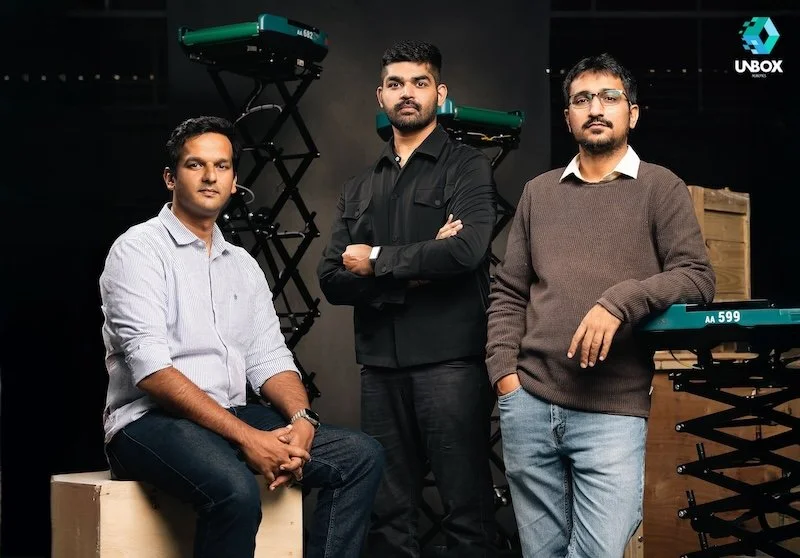Latin America leads worldwide e-commerce growth, Worldpay research
The global e-commerce market will grow at an average of 11% over the next five years, according to Worldpay research. Its annual Global Payments Report found that the Latin American market is set to increase at a CAGR of 19% over the next five years, up from $59 billion today to $118 billion in 2021 – the biggest rise of any region. The three fastest-growing countries are Colombia, Nigeria, and Argentina.
Total m-commerce penetration will jump from 38% in 2017 to 47% in 2021, driven by increased smartphone ownership and faster mobile networks. Latin America is key here, with Colombia seeing a 64% rise, and 45% in Argentina – putting them in first and fifth position globally. Shane Happach, CEO– Global eCom at Worldpay, says: “No-one can predict the global economic climate over the next five years, but we can be sure that consumer appetite for online and mobile shopping will continue to see extremely strong growth. The rise in smartphone adoption and the continued improvement in mobile networks have important implications for merchants looking to take advantage of an increasingly well-connected middle class with greater disposable income.”
He adds: “However, it’s important for retailers to understand the idiosyncrasies of each territory. No two markets are the same in terms of the population’s preferred payments methods, and each has different regulatory requirements, mobile penetration and banking practices. That is why it’s so important that merchants do their homework before they invest in new countries to ensure that they make the right strategic decisions. With the right support, however, retailers can seize a unique opportunity to take a lead in these emerging e-commerce markets.”
The research also highlights how the payments landscape is continuing to fragment, with options such as bank transfers, cash on delivery and pre-paid cards stealing market share from more traditional methods like credit and debit cards. Bank transfers are on track to overtake the latter as the second most popular global payment method behind e-wallets.










Continue reading…